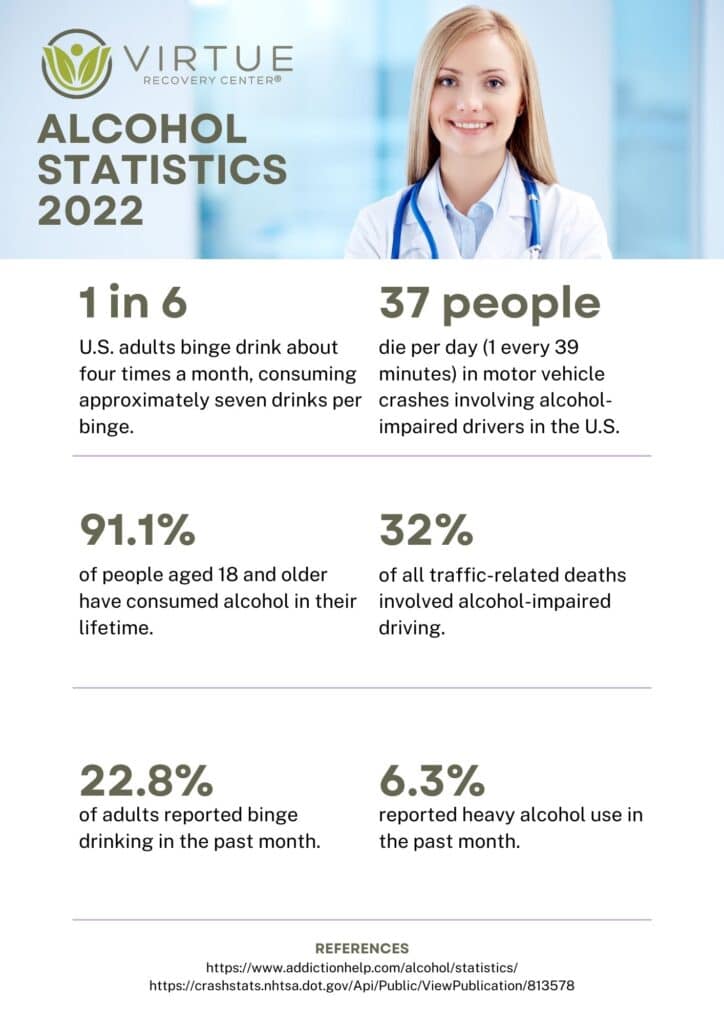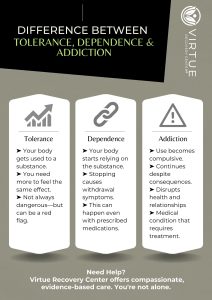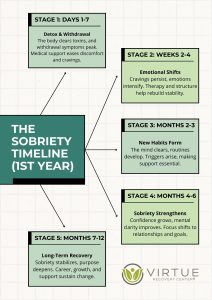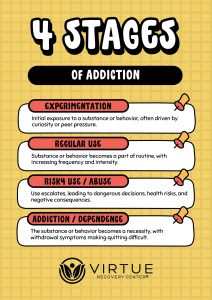Key Takeaways
- Alcohol withdrawal occurs when heavy or regular drinkers stop consuming alcohol.
- Symptoms range from mild discomfort to severe complications like seizures.
- Alcohol detox is a critical first step in recovery and should be supervised by medical professionals.
Introduction
Alcohol addiction is a serious issue affecting millions worldwide. Quitting alcohol after long-term or heavy use can be challenging, as the body and mind undergo significant changes. These changes often result in alcohol withdrawal, a collection of symptoms ranging from mild discomfort to life-threatening complications.
The process of safely removing alcohol from the body is called alcohol detoxification (detox). While it’s a necessary step in recovery, detox can be risky without professional help. This article explains alcohol withdrawal, the detox process, and why seeking treatment is essential.
What Is Alcohol Withdrawal Syndrome?
When someone who drinks heavily or regularly stops consuming alcohol, their body experiences withdrawal. Alcohol slows down the brain and central nervous system, and with continued use, the body adapts to this depressant effect.
When alcohol use stops, the nervous system becomes overactive, causing symptoms of withdrawal. These reactions occur as the body struggles to restore balance without the substance it has grown used to.
Alcohol withdrawal doesn’t affect everyone the same way. The severity depends on factors like the amount and duration of alcohol use and the individual’s overall health.
Diagnosing Alcohol Withdrawal Symptoms From Addiction
The symptoms of alcohol withdrawal can vary widely, but they often fall into two categories: mild and severe.
Mild symptoms might include nausea, headaches, sweating, and trembling hands. Anxiety and restlessness are also common as the body adjusts to the absence of alcohol.
Severe symptoms, however, can be life-threatening. Seizures, hallucinations, and delirium tremens (DTs) are some of the most dangerous complications. DTs can cause confusion, agitation, and fever and require immediate medical attention.
The timeline for symptoms typically begins within six to twelve hours of the last drink, peaks around the second or third day, and begins to subside after five to seven days. However, some effects may linger longer in severe cases.
What Is Alcohol Detox?
Alcohol detox is the process of clearing alcohol from the body while managing withdrawal symptoms. This stage is vital for anyone overcoming alcohol addiction because it prepares the individual for further treatment.
Detox is not just about abstinence; it’s about creating a safe environment for the body to recover. Without medical supervision, detox can be dangerous, especially for individuals at risk of severe withdrawal symptoms.
The Importance of Medical Supervision During Detox
Detoxing under medical supervision ensures safety and reduces the risks associated with withdrawal. Doctors and trained professionals monitor symptoms, provide medications to ease discomfort, and address complications like seizures or dehydration.
Medications such as benzodiazepines are often used to calm overactive nervous system responses. In addition, proper hydration and nutrition play a significant role in helping the body recover during this critical phase.
A supervised detox program provides not only physical support but also emotional encouragement, which can be invaluable during this challenging time.
Treatment For Alcohol Addiction After Detox
Detox is just the beginning of the recovery process. To achieve long-term success, individuals need to address the psychological and behavioral aspects of alcohol addiction through structured treatment programs.
Therapies such as Cognitive-Behavioral Therapy (CBT) help individuals understand the triggers behind their drinking and develop healthier coping strategies. Group therapy offers support and accountability, fostering a sense of community among those in recovery.
Medication-Assisted Treatment (MAT) may also be used to manage cravings and prevent relapse. These treatments work together to create a comprehensive approach to recovery.
The Global Impact of Alcohol Addiction
Alcohol addiction is a widespread issue with devastating effects. Every year, 2.6 million deaths worldwide are linked to alcohol consumption, accounting for 4.7% of all deaths globally. Young adults are particularly affected, with 13% of alcohol-related deaths occurring in people aged 20 to 39.
The health consequences of alcohol addiction are far-reaching, contributing to heart disease, cancer, injuries, and communicable diseases like HIV. These statistics highlight the urgency of addressing alcohol use disorders through effective treatments and support systems.

Conclusion
Alcohol withdrawal and detox are critical steps in the journey to recovery. While withdrawal symptoms can be challenging, medical supervision ensures a safer and more comfortable process. Detox clears the way for individuals to focus on the following stages of treatment, including therapy and support programs that address the root causes of addiction.
If you or someone you love is struggling with alcohol addiction, professional help is just a phone call away. Contact Virtue Recovery Las Vegas at 866-520-2861 to start your recovery journey today.
FAQs About Alcohol Detoxification & Withdrawals
What Is Alcohol Withdrawal?
Alcohol withdrawal is the body’s response to the absence of alcohol after regular or heavy use, causing symptoms like anxiety, sweating, and seizures.
What Are the Symptoms of Alcohol Withdrawal?
Symptoms range from mild (nausea, headaches) to severe (seizures, delirium tremens).
Why Is Alcohol Detox Important?
Detox removes alcohol from the body while managing withdrawal symptoms under professional care.
How Long Does Alcohol Detox Take?
The process usually lasts 5–7 days, though the timeline can vary based on individual health and alcohol use history.
Where Can I Find Help for Alcohol Addiction?
Virtue Recovery Las Vegas provides comprehensive treatment programs. Call 866-520-2861 for support.
What Are Medically Supervised Detox Services For Alcohol Addiction?
Medically supervised detox services provide a safe, structured environment to manage alcohol withdrawal symptoms. These programs include medical monitoring, medications, and support to reduce discomfort and prevent complications during detox.
What is The Timeline and Symptoms of Withdrawal From Alcohol Addiction?
Withdrawal symptoms typically begin within 6-12 hours after the last drink, peak around 24-72 hours, and can last up to a week or more. Symptoms range from mild anxiety and tremors to severe complications like seizures or delirium tremens.
Does Everyone With Alcohol Addiction Experience Withdrawal During Detox From Alcohol?
Not everyone experiences severe withdrawal symptoms, but most people with alcohol addiction will have some level of withdrawal during detox. The intensity varies based on factors like the duration and amount of alcohol use, as well as individual health conditions.
What Are Ways To Prevent Alcohol Withdrawal Symptoms During The Alcohol Detox Timeline?
Preventing severe symptoms involves gradual detox under medical supervision, often with medications to ease withdrawal. Staying hydrated, following a nutrition plan, and having emotional support are also essential during detox.
How Can I Find Alcohol Detox Near Me?
You can find local alcohol detox services by searching online or contacting addiction treatment centers in your area. Look for licensed facilities that offer medically supervised detox programs tailored to your needs.
Resources
https://www.niaaa.nih.gov/alcohols-effects-health/alcohols-effects-body













